
Contributing poet Howard Debs’ work has been included in Chameleon Chimera: An Anthology of Florida Poets, which has just been released by Purple Ink Press, including work by U.S. inaugural poet Richard Blanco and notables such as Geoffrey Philp, Jen Karetnick, David Kirby and many others.
Also, contributor Peter J. Dellolio’s new novel The Confession has just been released from Cyberwit.
The Confession is the first-person account of a serial killer on the evening before his execution. It is literary fiction, and somewhat similar to Naked Lunch by William Burroughs. There is suspense in the narrative, as there is some speculation as to whether or not the narrator is really guilty.
Now for this issue: A Literary Snow Globe. As with a real snow globe, we watch delicate bits and pieces of creative thought descend and fall wherever they may on the landscape of our world. Each time we shake the globe and let it settle, each time we read these works, we take away something different and view a unique scene.
Daniel De Culla’s poem glories in the exuberance and diversity of human creative expression.
Salihu Muhammad describes stages in his development as a creative writer.
Ilhomova Mohichehra’s poetry probes the creative potential of liminal dream-states, how emotions and imagination can be strengthened when we approach sleep. Mark Young incorporates color, texture, and text into subconscious, surreal images he calls “geographies.”
Jim Leftwich’s poem incorporates vivid imagery and wordplay, referencing animals, landscapes, and celestial bodies. It also includes philosophical reflections on time, thought, and human experience. Catherine Zickgraf’s work explores time, mercy and judgment, spirituality, and gender. Maja Milojkovic revels in the beauty of the world while acknowledging everything’s impermanence.
Duane Vorhees’ poems explore themes of love, loss, sexual intimacy, nature, and self-discovery. Cheryl Snell’s fictional drabbles look at moments of connection, humor, and tenderness, between humans and each other and other species. Lilian Dipasupil Kunimasa affirms her acceptance of her entire life journey and her acknowledgement of the different parts of her personality and character. Linda Gunther’s short story depicts a woman who finds her identity by finding her calling in life.
Ilhomova Mohichehra ponders the dreary sufferings of life as she stares out at a rainstorm.
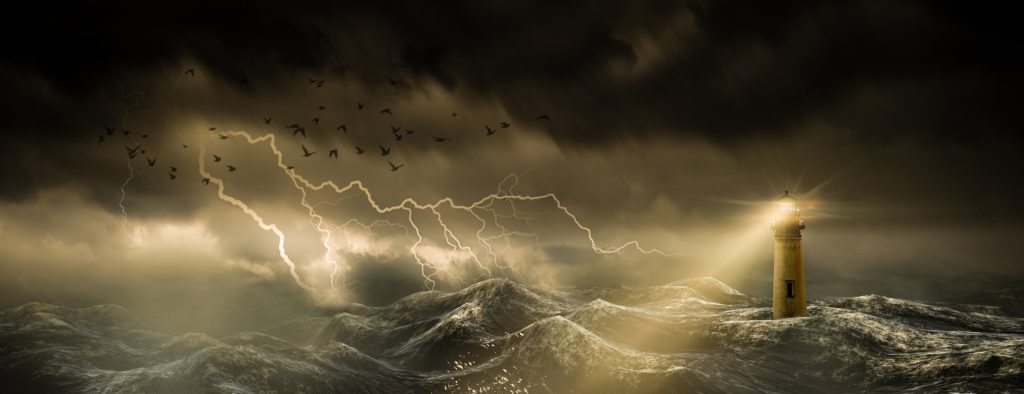
Mykyta Ryzhykh’s work offers a glimpse into a complex and troubled inner world through images of childhood, animals, fear, and death. Texas Fontanella’s poem expresses feelings of financial instability, frustration with societal expectations, and a desire for creative and personal freedom. He includes references to pop culture, politics, and literature, often in a fragmented and surreal manner. Mahbub Alam addresses humanity’s potential for great good or great evil and the need to make choices. Sayani Mukherjee speaks to the inner wilds: the vision, beauty, and danger we all carry within us.
Chuck Taylor’s poetry speculates on the nature of chaos, how it does not operate according to a holy book or an algorithm.
Nilufar Anvarova urges everyone to expand their horizons by reading. Kucharova Ugiloy celebrates the power of books and learning to expand one’s worldview.
Numonjonova Shahnozakhon reflects on how wonder and curiosity add color to life. David Sapp approaches outer and inner landscapes as a tourist and explorer, probing an office firing and the idea of his death with the same curiosity as he brings to Rome’s Trevi Fountain. Lawrence Winkler brings a sense of wonder to his trip to the Micronesian island of Pohnpei, exploring the history and culture of the place while witnessing his friends’ mishaps in international business. Santiago Burdon sketches a time and place in his Christmas tale from a rough Italian-American childhood.
Zarshid Qurbonov reads a book out in the grass on a sunny day and reflects on Uzbekistan’s literary heritage.
Farangiz Abduvohidova illuminates the work and life of Uzbek poet and magazine publisher Zulfiyakhanim, highlighting her qualities as a kind human being as well as her writing skill. Murodova Muslima Kadyrovna also honors the legacy of Uzbek woman poet Zulfiyakhanim.
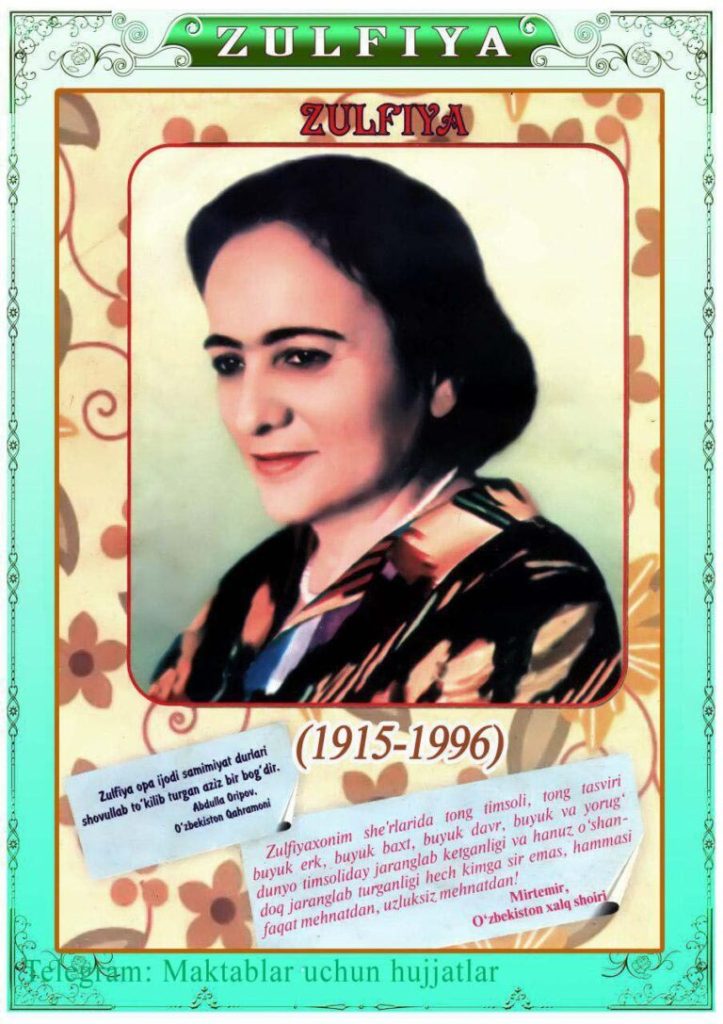
Dilbar Koldoshova Nuraliyevna dreams of becoming a teacher or journalist so as to shape the minds of her fellow Uzbeks towards good. Gulsevar Xojamova highlights the Uzbek Youth Academy’s role in developing the creative potential of many young people.
Ibragimova Rushana outlines various techniques for teaching languages. Aziza Umurzoqova highlights the role of student-directed technology for language learning. Jonpolat Turgunov elucidates the history and value of the Ibrat Farzandlari Project, an online resource for learning foreign languages. Durdona Ibrahimova suggests possible innovative roles for technology and online apps and games in language instruction.
Abdumalikova Mushtariybegim celebrates the Internet but encourages balanced and moderate use of technology.
Fayzullayeva Gulasal outlines technical and financial problems within Uzbekistan’s industrial chemical industry.
Sarvinoz Quramboyeva conveys the daily determination of the Uzbek people to move their society forward. Shodiyeva Mexribon celebrates the hard work, hospitality, and honor of the Uzbek people. Ilhomova Mohichehra praises the kind and hardworking villagers of Uzbekistan. Sitora Otajonova honors the rule of law and social progress and community spirit of her native Uzbekistan. Mahzuna Habibova speaks to her native Uzbekistan as a friend, urging the land to hold onto its freedom and glory.
Farangiz Abduvohidova elucidates the history and culture of Uzbekistan’s Azim Bukhara region as Tuliyeva Sarvinoz describes the Uzbek historical castle monument of Tuproqkala. Ismailov Sanjar describes in detail the shrine of Sa’d Ibn Abu Waqqas in Uzbekistan. Through his photographs of an Afro-Caribbean festival in Boston, Jacques Fleury celebrates the region’s vibrant cultural diaspora while outlining the historical and psychological significance of the Caribbean rara celebrations.
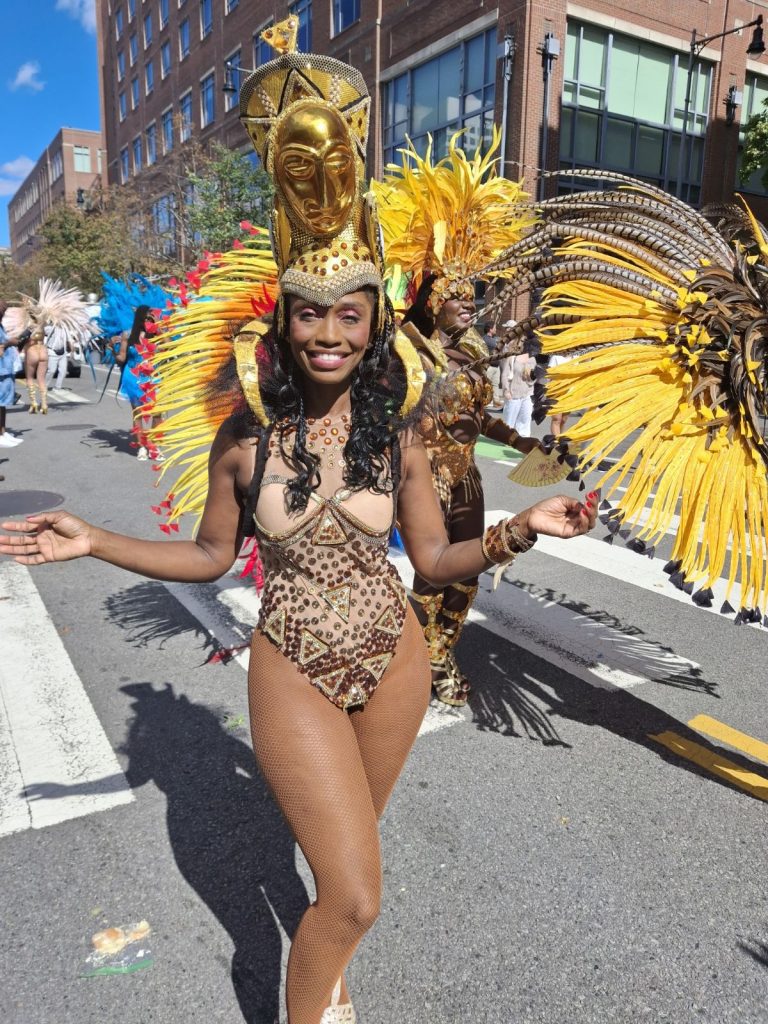
Sarvinoz Tuliyeva recollects her Uzbek childhood: fragrant trees on her street, parents baking bread in the oven, her father crying as she grows up too fast.
Alimbayeva Diana reflects on the constant care and provision of her father for her whole family. Zabuna Abduhakim writes a succinct verse of gratitude for her caring parents. Makhmasalayeva Parizoda Makhmashukurovna praises her father’s selfless love and sacrifice. Sobirjonova Rayhona honors her kind-hearted sister. Diyorbek Maxmudov praises her father’s tender love. Azimjon Toshpulatov’s verse honors the warmth and love of her mother. Ilhomova Mohichehra reflects on how blessed and lucky she is to have loyal and caring family members. Akmalova Zilolakhan Akobirkhan speaks to the consistent love and practical care most people receive from their parents. Faleeha Hassan speaks of children in the winter, nourished and warmed by caring parents. Muhammed Sinan offers up a tribute to the love, dedication, and integrity of his father.
Audrija Paul’s poetry reflects the determined patience of a lover as Jonborieva Muxlisa Rahmon reflects on the value of friendship and what you gain by being a good friend. Norova Zulfizar reflects on a love so joyful and nurturing it reminds her of spring’s flowering and her parents’ care. Mesfakus Salahin employs a variety of poetic images to convey a gentle and kind romance. Sobirjonova Rayhona urges her fellow young people to live happy lives and treat their parents with gratitude and respect.
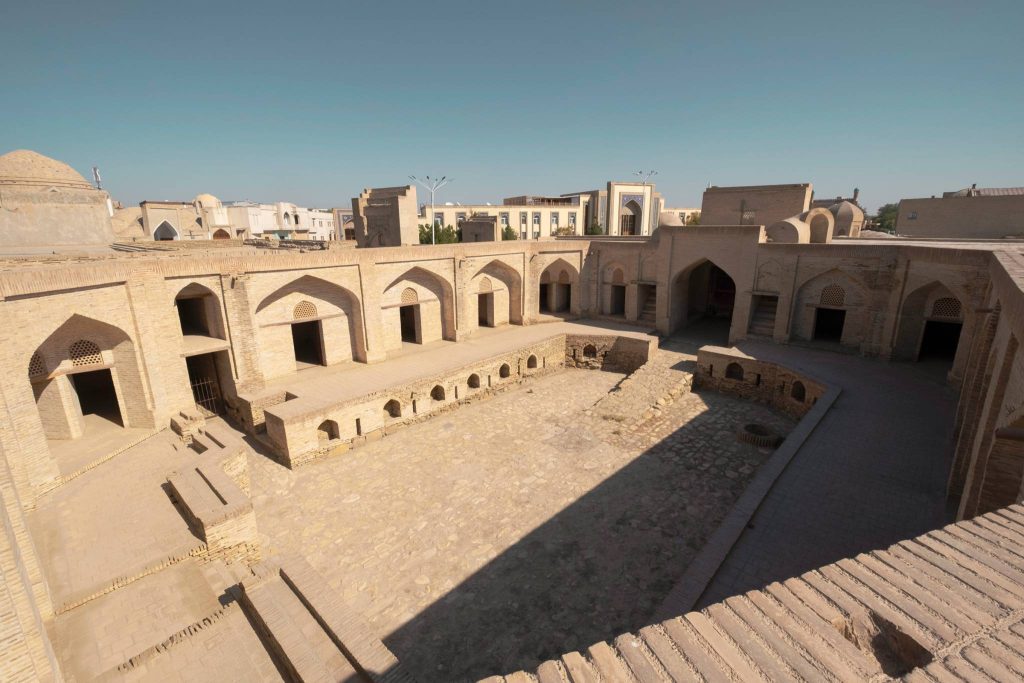
Nurullayeva Mushtariy illustrates the heartache that comes when the younger generation does not have compassion for their parents. Shahnoza Ochildiyeva remembers how she began to empathize with and befriended some children who were originally annoying bullies, because she realized they lacked the care of loving parents.
J.J. Campbell reflects on having survived decades of broken dreams, troubled relationships, and abandonment. Yet, as he acknowledges, he has survived. Abigail George reflects on love, loss, mental health, family relationships, spirituality, and her artistic dreams in a prose poem formulated as a letter to her niece. Graciela Noemi Villaverde grieves the death of a husband with whom she shared a tender love.
Z.I. Mahmud explores masculinity and romance in D.H. Lawrence’s Sons and Lovers and how various social and psychological pressures drive the protagonist away from his fiancees. Eva Lianou Petropoulou’s poem, reviewed by Williamsji Maveli, explains how both psychological issues and societal problems such as discrimination and violence against women can interfere with loving relationships.
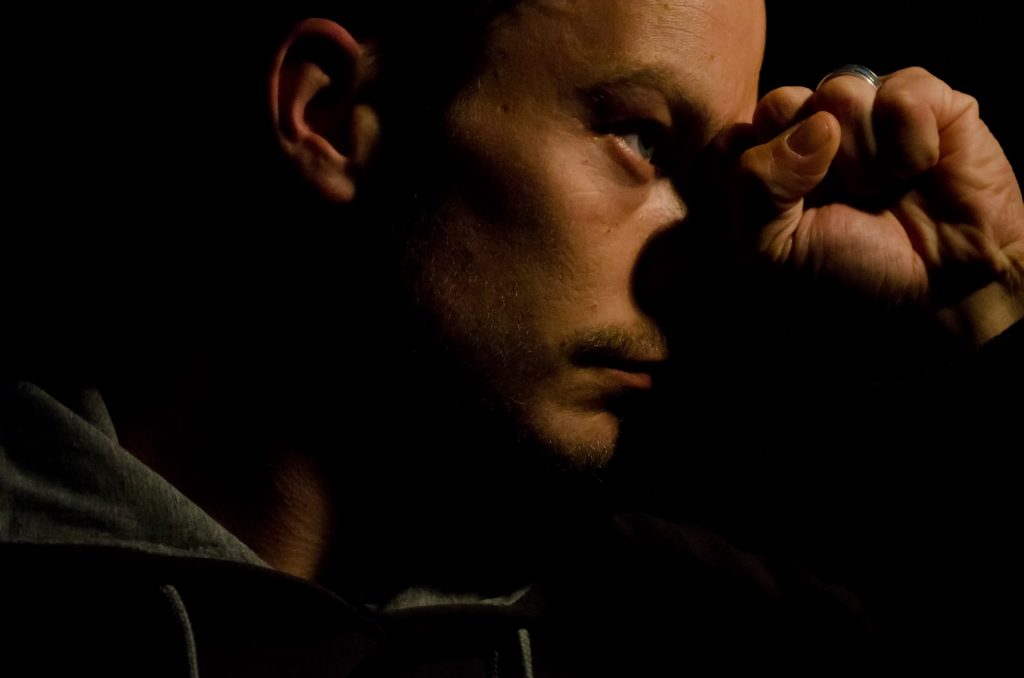
Kass’ piece explores themes of heartbreak, regret, and the lasting impact of a past relationship. Grant Guy’s poetry reflects on daily routine, loneliness, the lack of intimacy, and loss of identity within some relationships.
Chimezie Ihekuna elucidates the struggles of men in his native Nigeria and elsewhere in the world: being disrespected and viewed only as a source of money in an economy where decent jobs are hard to come by. Maftuna Rustamova also reflects on materialism and the tragedy of reducing human value to money. Don Bormon laments the suffering of the poor out in the cold during winter, while acknowledging the beauty and the harshness of nature during winter months.
Sandro Piedrahita’s short story dramatizes another tragedy, the Pinochet regime’s murder of singer and guitarist Victor Jara. Odera Chidume highlights the effects of war in Nigeria on everyday people through his story of remarkably resilient teenagers.
Vernon Frazer’s poems explore themes of wealth disparity, societal decay, and existentialism, often using vivid imagery and unconventional language. Howard Debs reflects on the human and ecological losses of 2024 and the changes many societies are experiencing.
Before we can fully take stock of 2024, though, there are the December holidays.
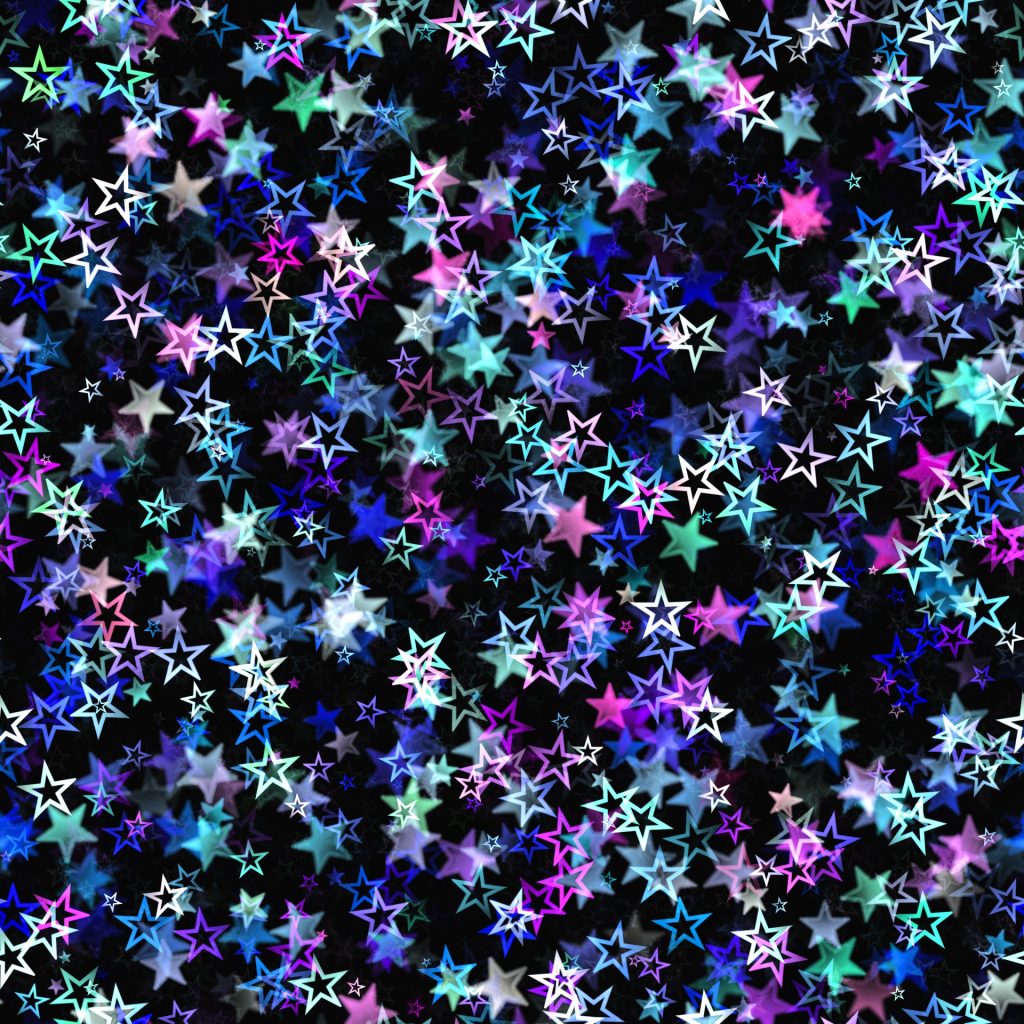
Taylor Dibbert recollects an awkward encounter with a stranger as Doug Hawley’s memorable anecdote recounts a Christmas filled with physical and relational peril.
Brian Barbeito’s poem illuminates the beauty of our world and highlights the importance of appreciating nature and loved ones, at the holidays and any time.
Bill Tope’s short story explores human compassion, connection, and perception. Another of his pieces depicts a kindly Jewish shopkeeper whose gift makes some young girls’ Hanukkah very special.
We hope that this issue will be a gift to you, and that as you read, the particles of snow in our literary globe will land in interesting ways that resonate with you.
